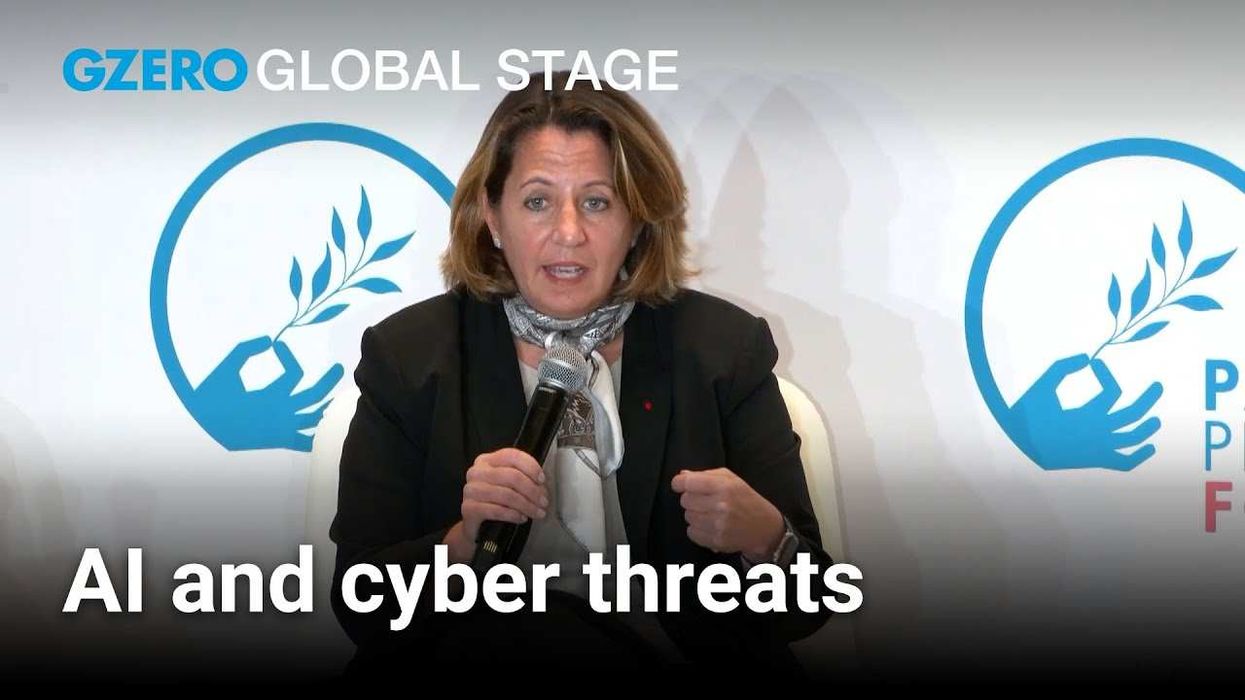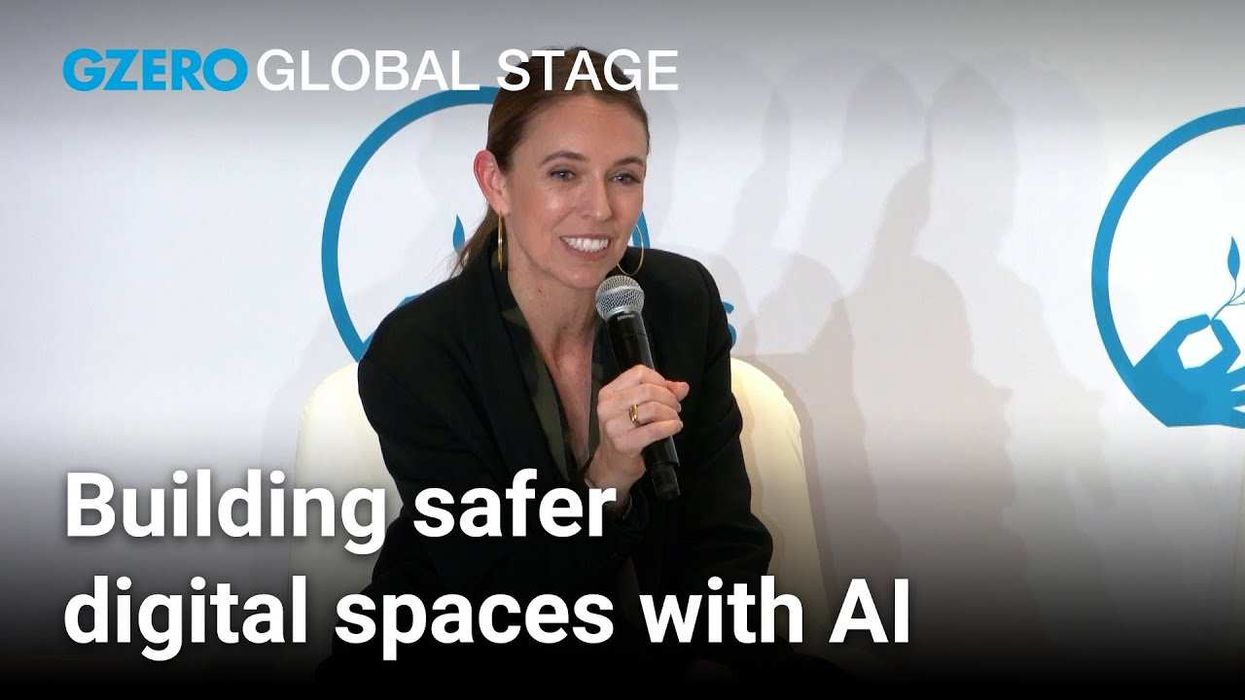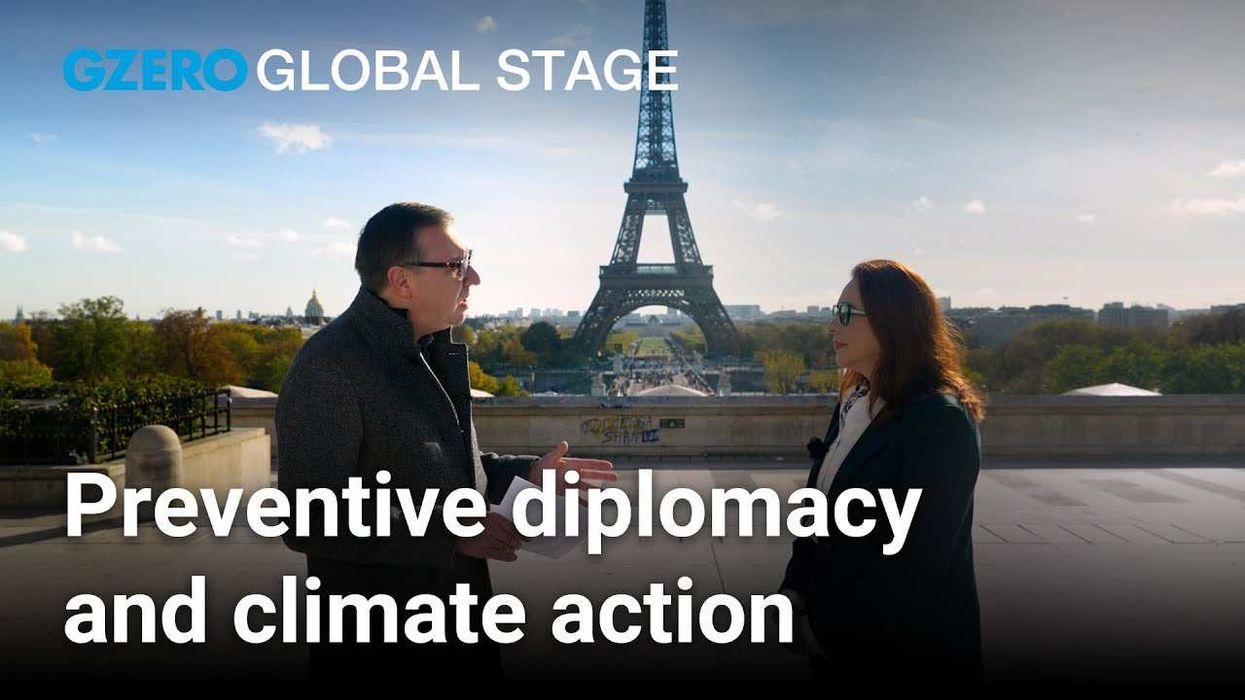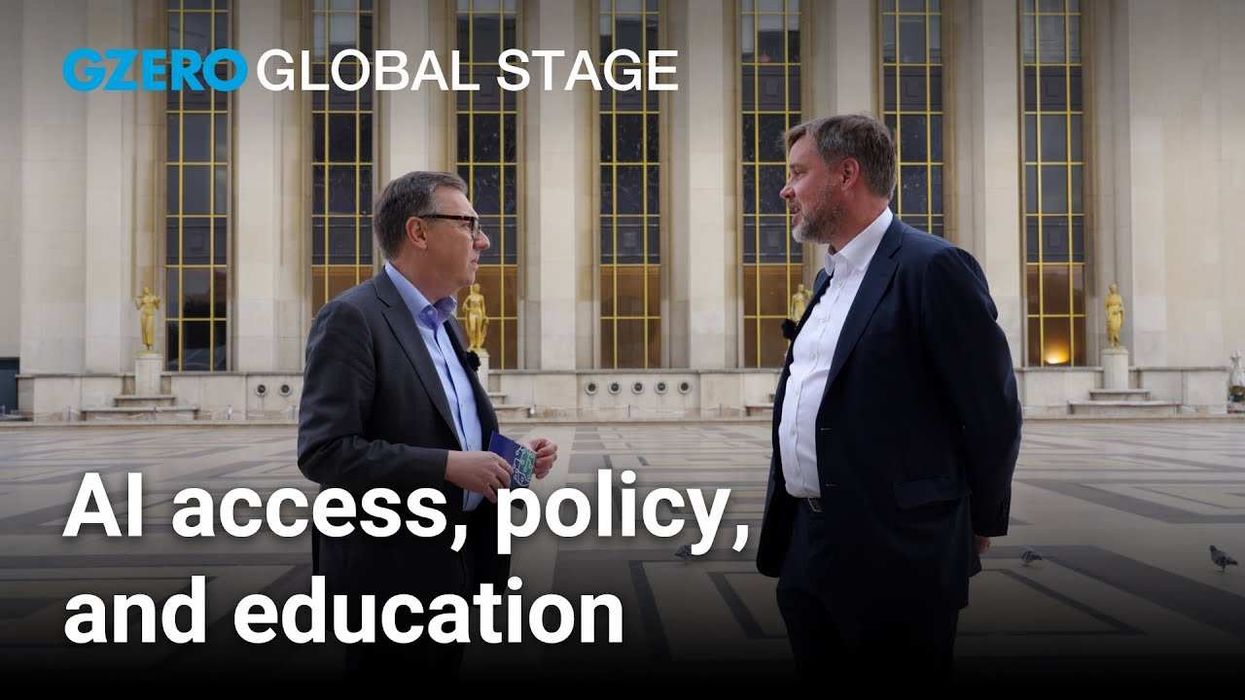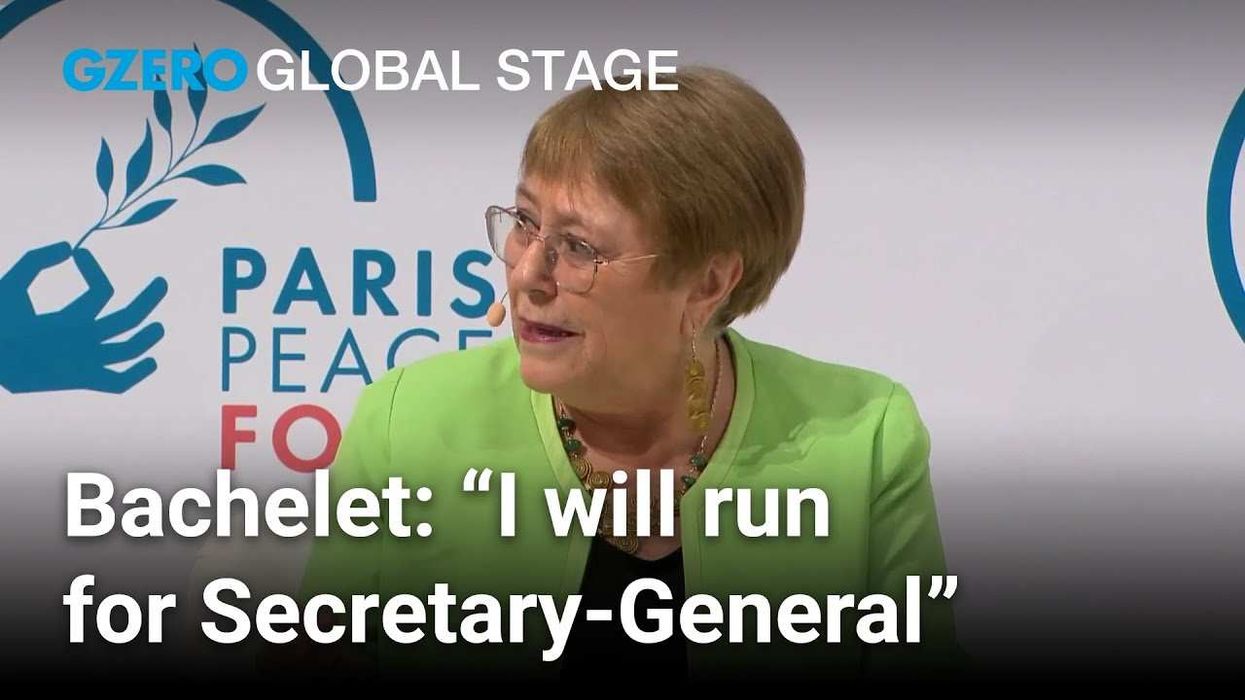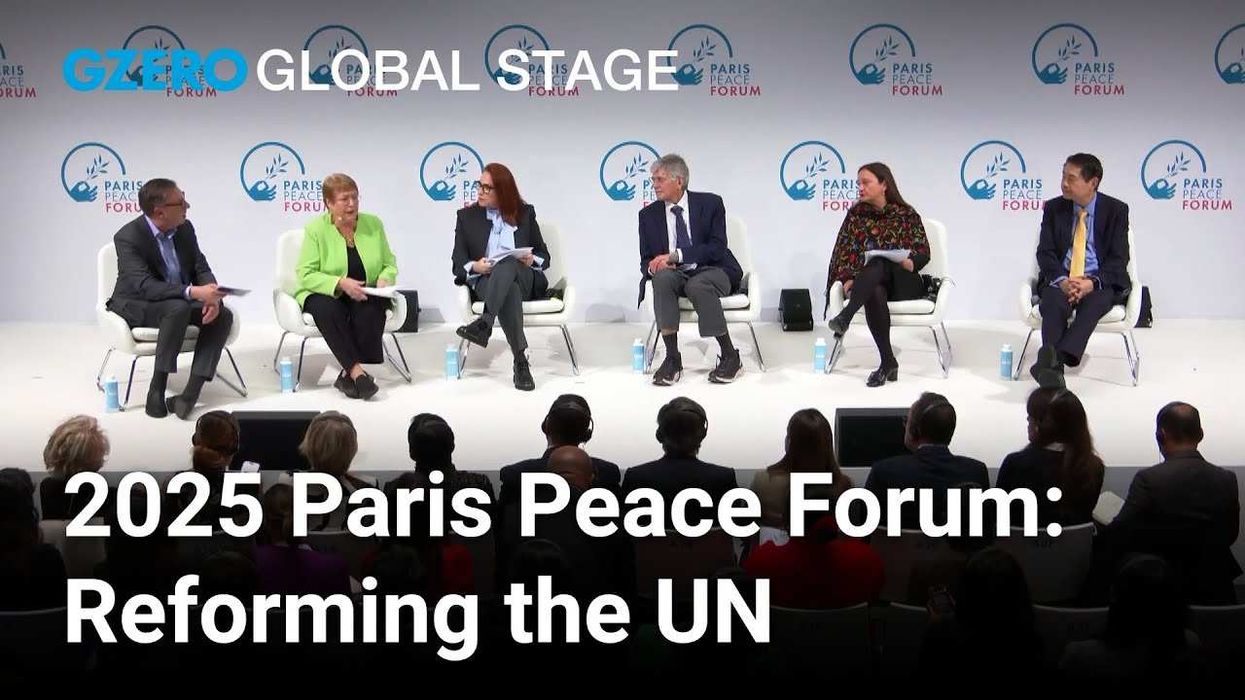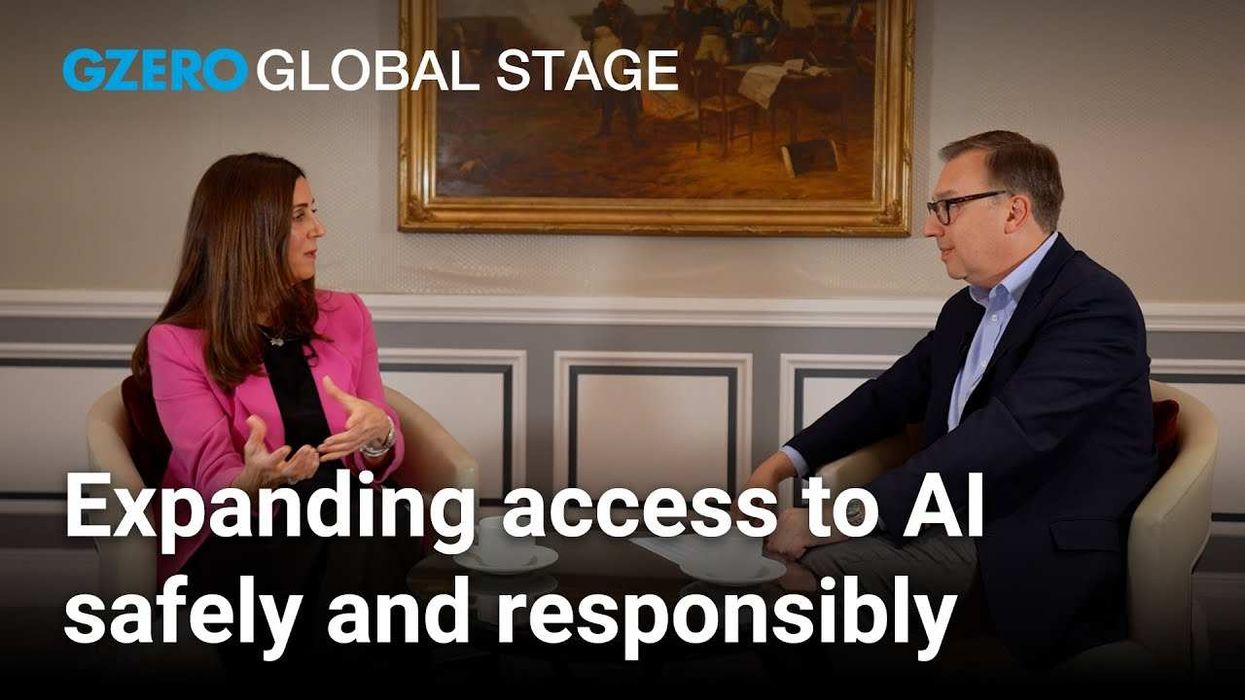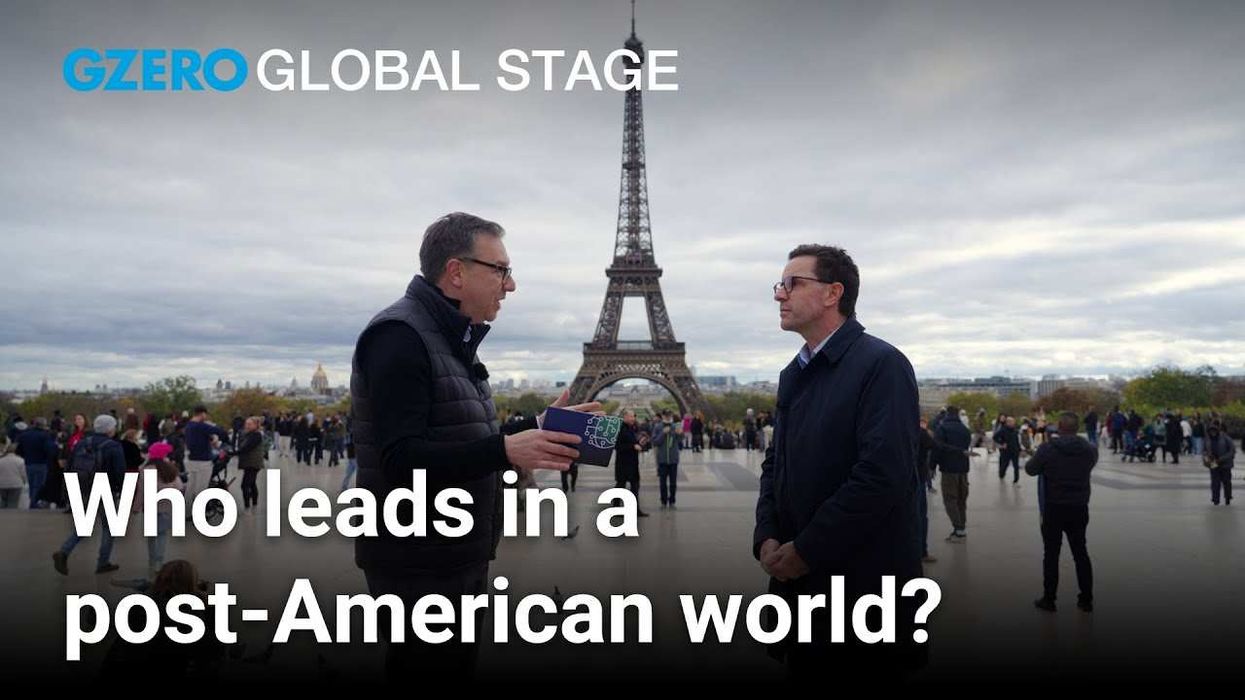Paris Peace Forum
How AI is transforming cybersecurity
"We are seeing adversaries act in increasingly sophisticated ways, at a speed and scale often fueled by AI in a way that I haven't seen before.” says Lisa Monaco, President of Global Affairs at Microsoft.
Nov 02, 2025
